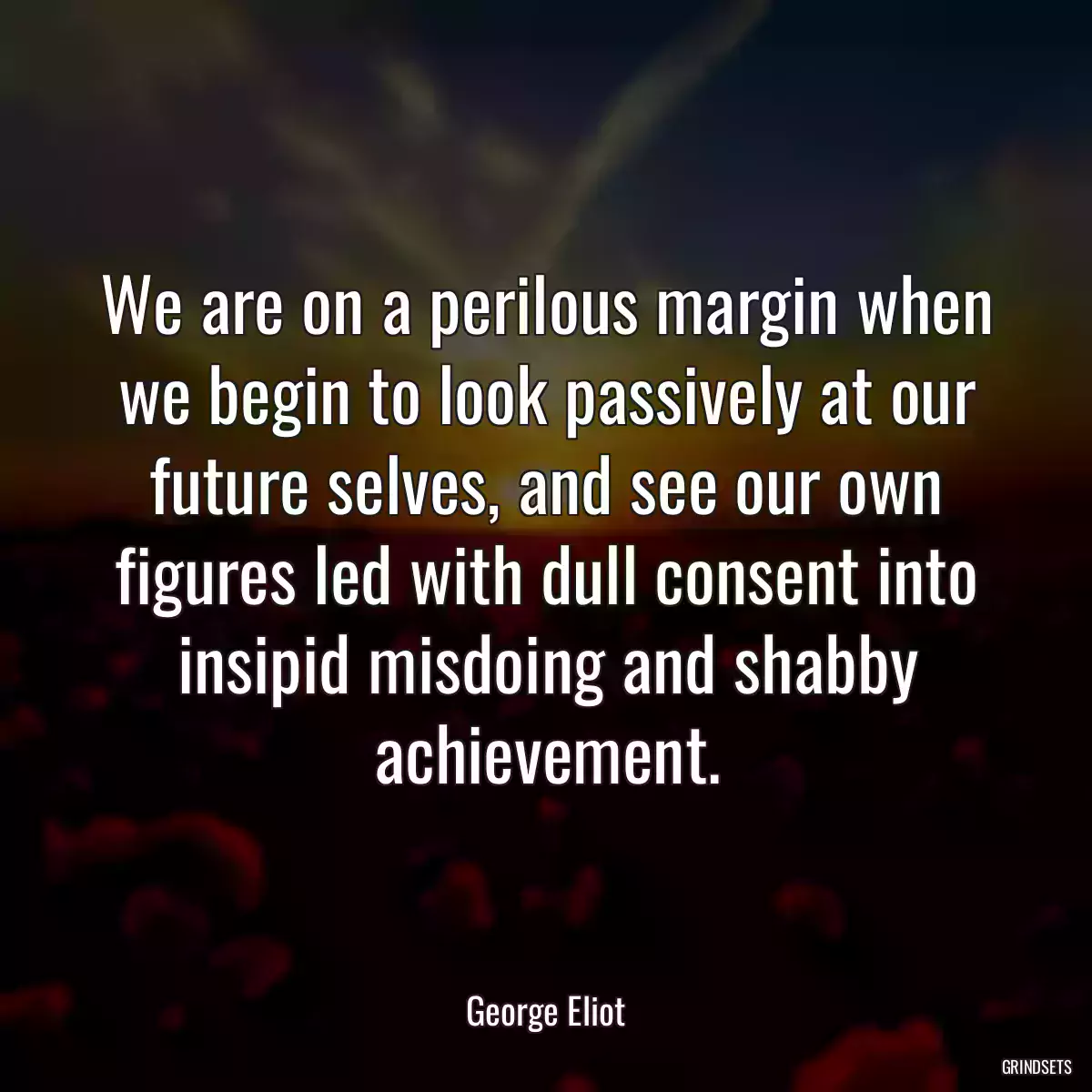
Two angels guide
The path of man, both aged and yet young.
As angels are, ripening through endless years,
On one he leans: some call her Memory,
And some Tradition; and her voice is sweet,
With deep mysterious accords: the other,
Floating above, holds down a lamp with streams
A light divine and searching on the earth,
Compelling eyes and footsteps. Memory yields,
Yet clings with loving check, and shines anew,
Reflecting all the rays of that bright lamp
Our angel Reason holds. We had not walked
But for Tradition; we walk evermore
To higher paths by brightening Reason's lamp.

